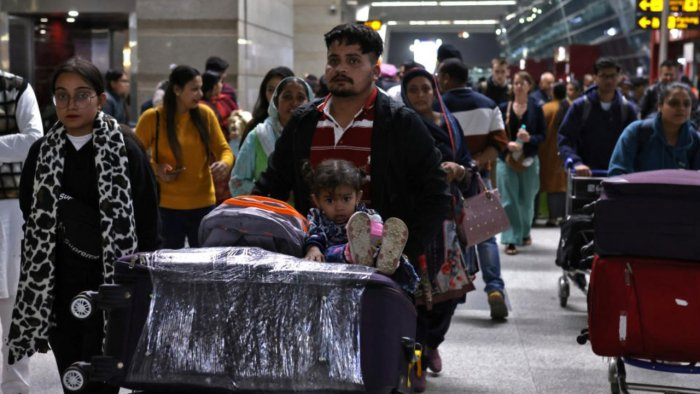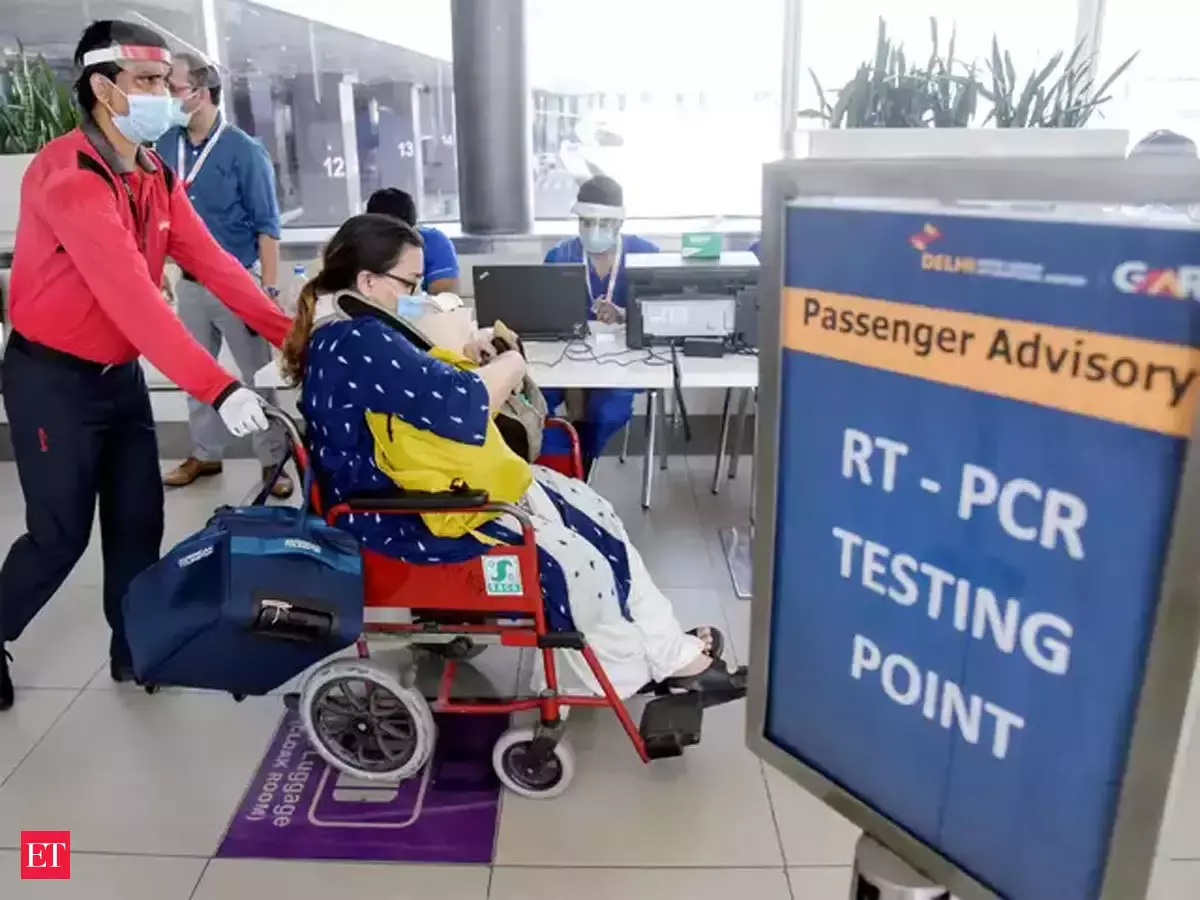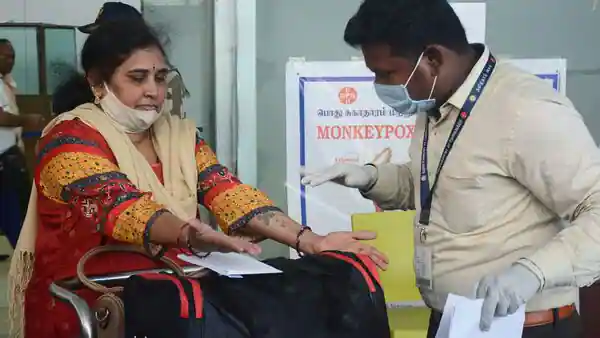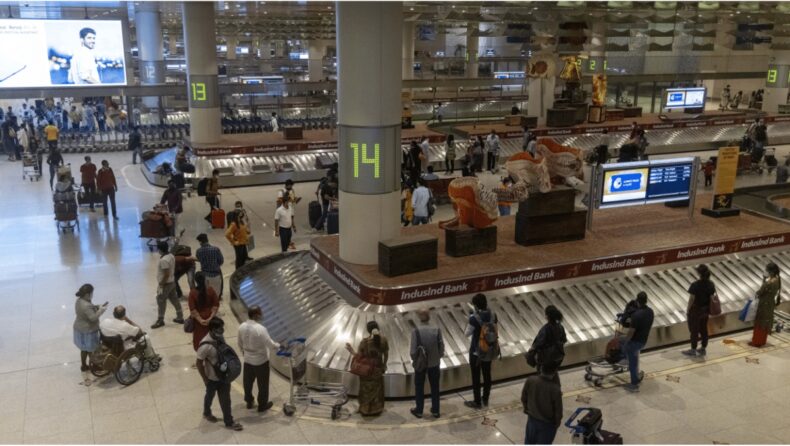Amid rising COVID numbers, Indian airports are going to start randomly testing 2 percent of international arrivals in the hope of stemming the rising COVID wave.
Table of Contents

Union health secretary Rajesh Bhushan wrote a letter to his civil aviation ministry counterpart Rajiv Bansal stating that it would be advisable for airports to start randomly testing 2 percent of all international passengers for co-vid. This would likely reduce the risk of new variants entering the country.
“Following the test, if anybody came up positive, the samples should be sent to INSACOG laboratory network for testing,” wrote the health minister to the aviation minister in a letter. After giving their samples, passengers will be allowed to leave the airport.
If the report turns out positive, it will be shared with Integrated Disease Surveillance Programme at shoc.idsp@ncdc.gov.in. It will also be shared with the concerned state or union territory and further action will be left up to them.

Bhushan claims that due to its vaccination drives and adherence to co-vid appropriate behavior, the spread of co-vid has effectively been restricted in India so far.
The Global Situation
Globally, however, the tally of cases remains alarmingly high, with an average of 5.9 lakh new cases reported every day during the week. Especially in countries like Japan, the United States of America, South Korea, Brazil, France, and China, where cases are steadily rising with no signs of flagging, this increase in covid cases is concerning, says Bhushan.
Travelers on each flight will be identified by their respective airlines. This will take effect on December 24, 10 a.m.
Bhushan requested the aviation ministry that the co-vid tests might be done at a uniform and subsidized rate across airports.

Cases In India
Apparently three cases of Omicron subvariant BF.7 have been detected in India. The sub-variant BF.7 is responsible for the surge in cases in China.
According to various sources, there are currently around ten variants of the COVID virus infection in people around India. Delta and Omicron variants are still being seen in the country.
The health minister stated that COVID was not yet over. Looking over the situation, he prepared the Indians to face any situation. Only 28 percent of the population is vaccinated, so he advised Indians to masks in public places and get the jab as soon as possible.
The first case of BF.7 was identified in Gujarat by the Gujarat Biotechnology Research Center. So far two cases have been identified in Gujarat and one case has been identified in Odisha.
Official sources are saying that the highly transmittable strain, BF.7, is hitting Chinese cities, especially Beijing, and is contributing to a higher number of cases in the country.
”The BF.7’s high transmissibility in China might be attributed to a low level of immunity in the Chinese population from the previous infection and possibly vaccination too,” an official source said.
BF.7 is a sub-variant of the Omicron variant BA.5, It has the strongest infection capability since it is highly transmissible, has a shorter incubation period, and has a higher capacity to reinfect or cause infection even in those vaccinated.
It has already been detected in several other countries, including the US, the UK, and European nations such as Belgium, Germany, France, and Denmark.













